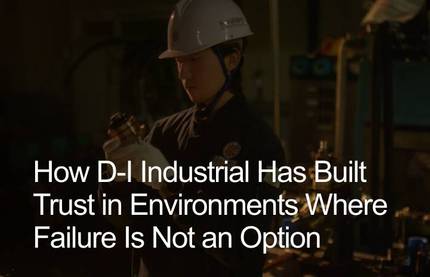Unique Wireline Monitoring System Developed for Global Industry
A unique digital sensor monitoring system, which can extend the life of wireline through continuous surveillance and create significant cost savings, has been developed by Abu Dhabi based Specialized Oilfield Products.
Traditionally, wireline integrity has been inspected manually in stages, using an eddy current flaw detection system and the naked eye, or has been replaced after a fixed period by operators irrespective of whether or not a defect exists.
Specialized Oilfield Products’ new system includes an electronic sensor, which is attached onto an eddy current flaw detection system. The sensor accurately pinpoints any integrity issues as the wireline test is run, and stores the information on a secure digital (SD) card. The information can then be viewed on a monitor, clearly indicating the exact location of any defect in the wireline.
The system can be deployed on all standard wireline sizes currently utilised in the oil and gas industry and a permanent record of the wire’s integrity is recorded.
Specialized Oilfield Products’ general manager Bob Thubron said: “We anticipate a significant worldwide market for our new product which we hope will become part of the standard inspection and maintenance process every time a winch system requires servicing.
“Currently, operators deploy a wire for a set number of hours, irrespective of its actual condition, and then discard it, because until now there has not been a system on the market that could test it accurately. However, wire can be extremely expensive. Our system will extend the life of the wire by giving an accurate reading of its state, thereby creating less wastage and a significant cost reduction.
“A number of companies are currently using eddy current flaw detection systems which involve a stop/start process once an anomaly is found. Our system provides a continual assessment of the wire and computes that data on to the SD card, making assessment a much quicker process.
“We have already sold the system to two operators in the Middle East and we expect more will adopt this new technology over time.”













